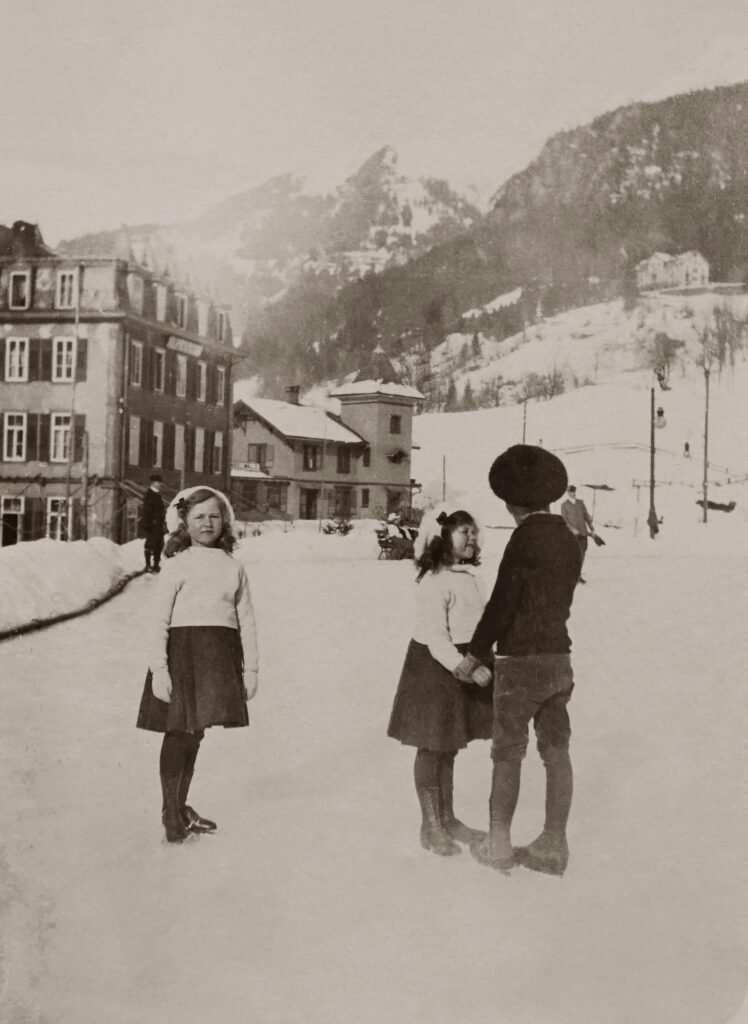The cinematic canon holds the 1970s in high regard. It is a time when auteurs have total authority over their creative process. The power and function of a film director were altered by the cinema of the 1970s, which is frequently referred to as New Hollywood.
Not only are there indisputable artistic masterpieces from the decade, but a large number of films are still regarded as classics today. In addition to the colossal crowning efforts, there are numerous underappreciated treasures by well-known authors that include the mainstays of New Hollywood literature.
- Brewster McCloud (1971)
Robert Altman made a name for himself as a pioneering filmmaker who could be just as popular and imaginatively ambitious in the same year as MAS*H. In an odd turn of events, Altman helmed a film that is a bit of everything yet still functions as a singular totality. The director further showcased his unconventional views in Brewster McCloud, an indefinable and inherently weird film that is a key component of his style.
The 1971 movie centers on Brewster (Bud Cort), a shy recluse who lives inside the Astrodome and dreams of growing wings to enable him to fly. Throughout his career, Altman consistently combined realism and formalism, seeing the storyline as unimportant and concentrating his energies on odd character profiles and portraying mankind at its most overpowering and minimalistic. Brewster McCloud is really at ease in this field; he seems like a total farce, but his feelings are realistic and grounded. The director’s image of his eccentric title character is clear. Even while Altman’s deliberate pacing intentionally restrains it, this lets the elements of spontaneous screwball humor thrive.
The director uses the camera to convey a lot of emotion, particularly as it follows various types of air travel. Although some viewers may find Brewster McCloud’s expansive style unappealing, its scale is unquestionably approachable. Like all of Altman’s films, it focuses on subversive and lonely people who are struggling with their situation. This curiosity gives Altman and the title character the opportunity to express a range of feelings about American culture, including nihilism, hope, disdain, and amazement.
- Carnal Knowledge (1971)
With the groundbreaking and avant-garde coming-of-age film The Graduate, Mike Nichols made his debut as a leading voice of a new generation in the nascent New Hollywood of the late 1960s. The success of the picture allowed the director to go in any direction he wanted. He persisted in exploring the intricacies of interpersonal interactions and people’s ambiguous aspirations in Carnal Knowledge.
The film focuses on the lifetime relationship between two guys who met in college, Jonathan (played by Jack Nicholson) and Sandy (played by Art Garfunkel), as well as their individual sexual development in love relationships. The leaders of Carnal Knowledge aim to change their way of life, for better or worse, at opposite extremes of the spectrum. Empty people trying to fit in with society’s expectations only to have their problems undermine their efforts are the subject of the film.
Nichols’ film, which is wicked and bold but not gratuitous, is presented as a harmless drama about friendship and passion. Throughout the narrative, sexuality-related anxieties are prevalent and conflict with both instinctual and cognitive feelings. The film’s cutting style takes use of these complex men’s unwavering reality. By portraying the idealistic masculine character—especially in Jonathan—as a ne’er-do-well whose incapacity to mature makes him toxic, Nichols broadened his image of The Graduate. While Nichols’ directing is restrained and free of athletic filming to conform to the style of traditionally captivating human dramas, Carnal Knowledge is a textbook example of ’70s text.
- In 1972, The Candidate
Robert Redford’s picturesque beauty undoubtedly helped him become one of the decade’s top cinematic stars. But he constantly subverted his beauty by taking on bold and difficult endeavors. His attempts to gain respect were as reflective as his movies, which made him a matinee idol. The Candidate, an underappreciated star vehicle for him, is Redford’s best film and performance.
In this political dramedy directed by Michael Ritchie in the 1970s, campaign managers enlist idealist and liberal lawyer Bill McKay (Redford) to run against a Republican favorite for the U.S. Senate in California. There isn’t any overly dramatic handwringing about the topic at hand, in contrast to the majority of modern political satirical films. The Candidate’s analysis of the workings of government bureaucracy and political campaigning is subtle and modest. Throughout the decade, Ritchie had a steady hand, consistently bringing out outstanding performances and adding just the right amount of weight to his films to balance the drama and levity to keep them grounded.
The strange yet realistic situations of manipulating the political system provide the film’s humor. The intention is for viewers to be both sympathetic to McKay and frustrated by his gullibility. Because Redford is a wunderkind senate candidate who is relying on his good looks to establish himself as a capable and intelligent political maverick, the role is ideal for him. The Candidate skillfully slams the last vestiges of hope in the American government complex against New Hollywood’s growing panic about the political system and the overall state of events at home. Power, in McKay’s opinion, can be a good thing, but the system is the ultimate stifler of the American spirit.
- The 1974 film Phantom of the Paradise
Perhaps the most audacious and visually intuitive of the New Hollywood bunch of filmmakers is Brian De Palma. De Palma was a skilled technical and emotionally dynamic storyteller who consistently defied genre and formal conventions, but never gaining the same respect and public recognition as his contemporaries like Martin Scorsese, Francis Ford Coppola, and George Lucas. Phantom of the Paradise is the only place where this is more evident.
In this twisted parody of the classic theater production Phantom of the Opera, the film centers on Winslow (William Finley), a disfigured composer who sells his soul for the woman he loves in exchange for her performing his music. Swan (Paul Williams), a rapacious record tycoon, betrays him by stealing his music in order to open a rock palace, which leads to the composer terrorizing the establishment. Phantom of the Paradise’s heavy melancholy is ideally suited for a postmodern operatic narrative, but De Palma’s frantic use of black comedy and farce propels the movie into an uncontrollable realm.
The movie is maximalist in every way possible. Overall, the filmmaker does a remarkable job of managing tone, playing for laughs in the most twisted surroundings while also contributing to the story’s operatic tragedy. Phantom of the Paradise exemplifies De Palma’s style. The editing, camera work, and sleek production design all perfectly complement the dramatic arc’s expansive scope. On this strange and captivating stage, De Palma’s obsession with controlling the medium of film and its possibilities is most evident. The film, which is directed by a unique voice in filmmaking, is a captivating adaptation of a rock opera for the big screen.
- Lenny (1974)
Bob Fosse is one of the most prominent people in the theater and choreographic industries. He has a strong presence in the film industry as well, narrating tales of unsettling artists in the style of twisted Hollywood productions. As an extremely pessimistic artist, Fosse brought his gloomy outlook to the crude celebrity biography Lenny.
The movie, which is based on the life and career of pioneering stand-up comedian Lenny Bruce (Dustin Hoffman), shows how he changed from a crude joker to a social critic, becoming a cult legend. Hoffman’s portrayal of Bruce is devoid of any conventional comedy, which is surprising given Fosse’s role as a comedian. The comic is emotionally damaged and angry at the world right from the start. Even though spectators may believe that the comedian’s self-destruction is more guilty than his persecution, the director nevertheless feels sympathy for him as an outsider. Despite its intentionality, the film’s black-and-white imagery successfully communicates a depressing tone.
Lenny is dedicated to proving that the subject was a driving force behind the societal unrest that will occur at the time of the movie’s 1974 release. From one angle, the film’s post-mortem dissection of Bruce exalts his influence, but it also heightens the sense of mystery that Fosse portrays around him. Although his enthusiasm is admirable, it is didactic to insist that Bruce is a key figure in the American counterculture. Instead of Fosse directly demanding Bruce’s acknowledgment, the director’s disinterest in letting him be humorous on stage limits the portrayal to highlight his significance. However, the grim tone is compelling, particularly when Lenny functions as a text of extreme moral uprightness and societal duplicity.





Leave a Reply